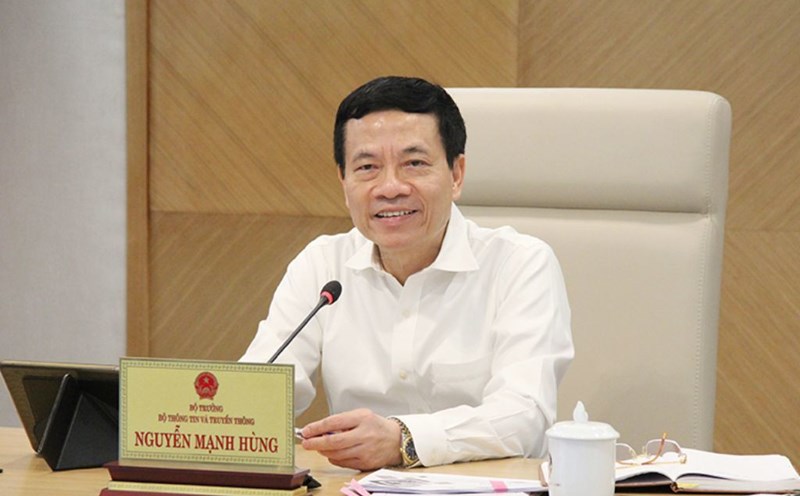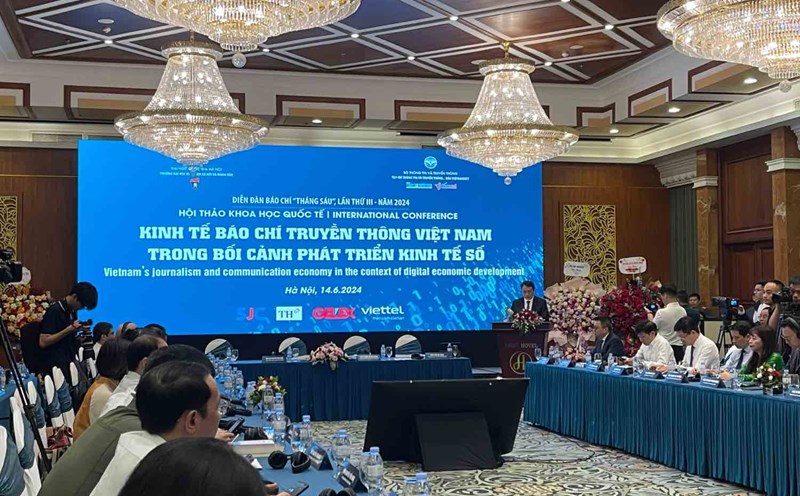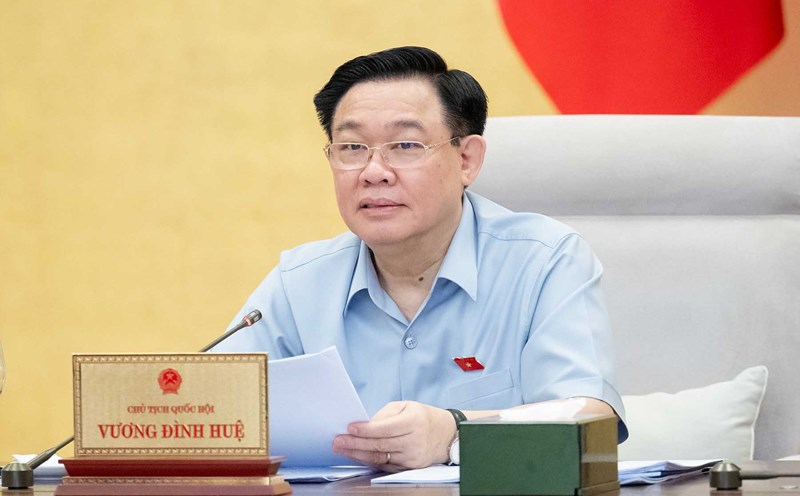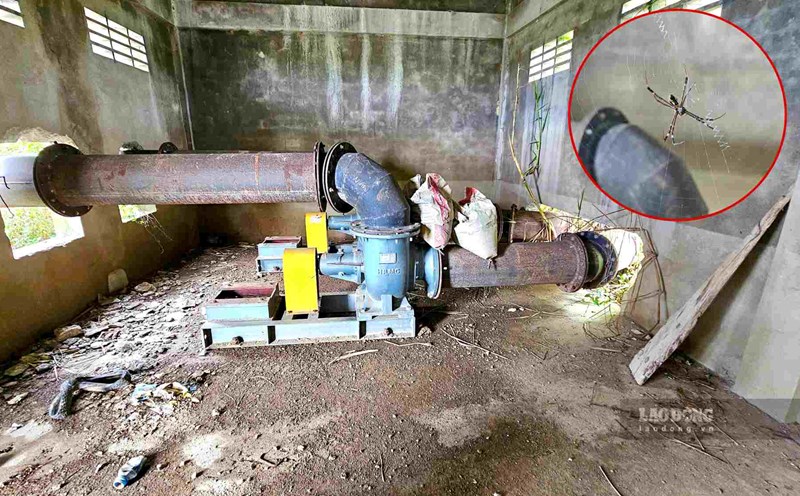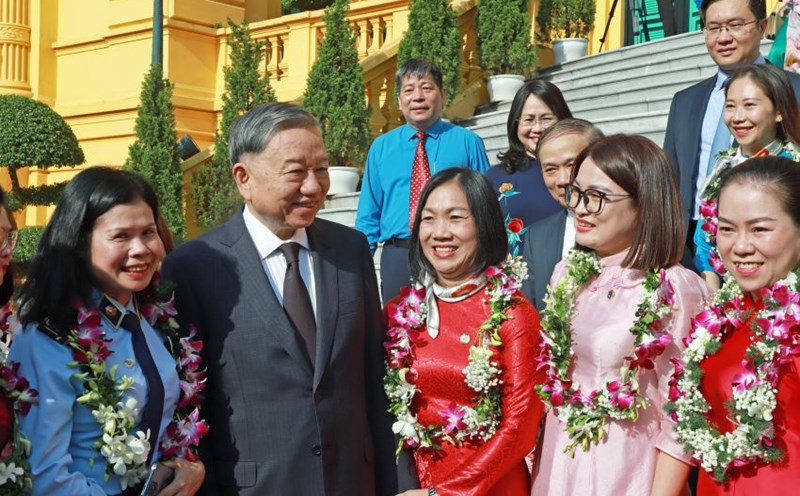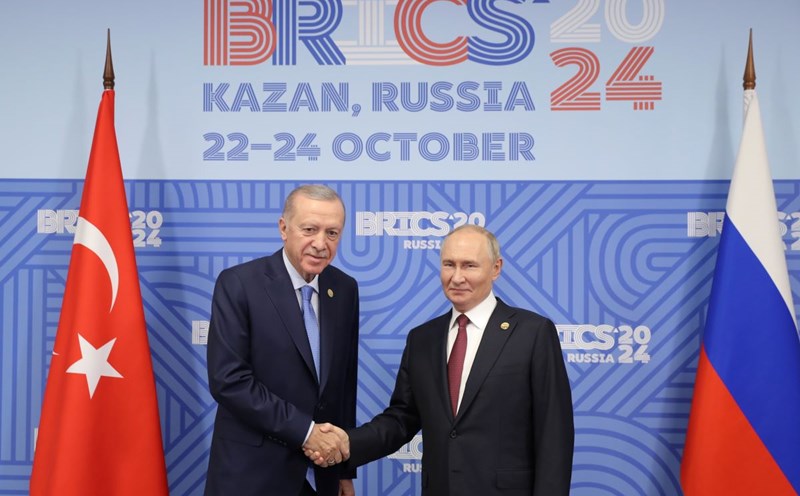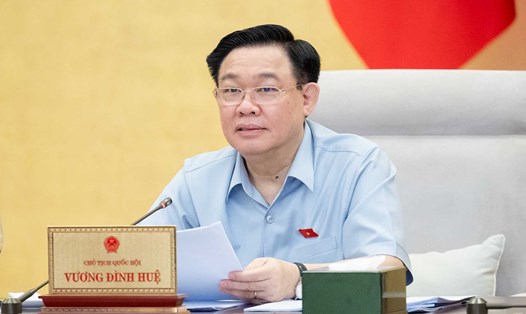The newspaper economic "piece of cake" is getting smaller and smaller
Data from the Press Department (Ministry of Information and Communications - TTTT) shows that whether it is print, electronic or radio or television, press agencies are still relying heavily on advertising revenue. If in the past, revenue from advertising always accounted for over 60%, even for some press agencies, 90% of total revenue, a serious decline is happening in many press agencies, especially news agencies. with print media. Many people have high hopes for electronic journalism, but although revenue from electronic journalism is increasing, it still takes a lot of time to have a more sustainable revenue source.
However, the reality is that if they only rely and rely heavily on advertising, press agencies will always face the risk of revenue decline, in the context of businesses looking to advertise on online platforms. Social networks like Facebook or Google are becoming more and more common.
Meanwhile, data from the Ministry of Information and Communications also shows that social networking platforms such as Facebook or Google are taking about 70% of the advertising revenue of mainstream newspapers. Many newspapers are advertising products and services provided by cross-border advertising networks (such as Google, Facebook...), causing businesses' advertising costs to continue to flow to these platforms. , causing newspaper revenue to become increasingly tight.
In addition, the fact that news sites and social networking sites intentionally retrieve selective content from press agencies also attracts advertising revenue, creating an economic "piece of cake" for press agencies today. a small one goes.
In the current context of transitioning to the digital space, the press that wants to maintain the mission of revolutionary journalism , develop in the right direction, and perform political tasks well is facing an unprecedented challenge: Competition. compete with huge sources of information in cyberspace; attract readers to changes in reader behavior due to new journalism technology; orienting public opinion, promoting the role of "mainstream" in the context of lack of resources.
Therefore, in addition to exploiting the ordering mechanism of state agencies; To implement content fee collection on electronic newspapers, newspapers need to digitally transform and form digital press products to implement new business models.
Digital transformation in journalism is the use of digital technologies to comprehensively change editorial operations from human resource management, production, data optimization, to publishing and content distribution processes to create create a newsroom/press complex that converges multimedia, conveniently connects with readers, and ensures a pivotal role in orienting information and public opinion. Digital transformation is also associated with developing the digital economy, diversifying revenue sources, and increasing the competitiveness of press agencies with cross-border platforms.
The report of the World Association of Newspapers and News Publishers (WAN-IFRA) shows that: Digital transformation is placed at the center, considered an urgent goal, but is also a process. long-term, not only to reach a larger audience and create new journalistic products but also to increase profits.
Breakthrough reform of mechanisms for the press
Recognizing that one of our Party's five leadership methods is propaganda, Minister of Information and Communications Nguyen Manh Hung once again emphasized that the press is the main and shock propaganda force. Previously, weapons were pen and paper, but now there is also technology, mainly digital technology. Previously, press agencies wrote articles, now press agencies create digital platforms for many people to participate in writing articles. The digital platform is technology.
Also according to the Minister of Information and Communications, unlike in the past when only the press wrote articles, at the present time, everyone writes online. Therefore, the press must have technological tools to assess information trends and people's moods in cyberspace to write articles to guide public opinion. And that's also technology.
A press agency called digitally transformed will have up to 30% of its costs, both investment and recurrent, for technology. Regarding human resources, up to 30% should be technology people.
Recently, the budget for press investment was very modest (0.22% of the state's total investment expenditure). After the Press Digital Transformation Strategy, this investment source has not yet increased. The Ministry of Information and Communications has proposed that the Government and the Prime Minister pay attention to directing press agencies to invest in digital technology to modernize their press agencies. One of the great advantages to digitally converting newspapers and modernizing digital technology for newspapers is that there are many strong and excellent digital technology companies. When you have an investment budget, you can assign tasks to them to carry out. Currently converting press numbers.
According to Mr. Nguyen Manh Hung, a press agency is both a public service unit and an enterprise. As a public service unit, it carries out the propaganda tasks of the Party and State and provides information services as public services, so it needs to be invested in, assigned tasks, and placed orders by the Party and State. But press agencies now have to compete with digital platforms, must attract quality journalism and media workers in the market, and must accept market mechanisms.
Therefore, press agencies must also operate like businesses. A breakthrough reform in the mechanism for the press is to accept that press agencies have two parallel operating mechanisms: Both as a public service unit and as an enterprise.
"Business journalism is for journalism, not for profit" - the Minister of Information and Communications emphasized.
According to the Press Digital Transformation Strategy to 2025, the goal is that by 2030, 100% of press agencies will post content on digital platforms (prioritizing domestic digital platforms). 90% of press agencies use centralized analysis and data processing platforms and artificial intelligence applications to optimize operations. The strategy also sets the goal of 100% of press agencies operating and operating a converged editorial model and models consistent with the development of science, advanced technology in the world, and content production. Follow digital journalism trends. Press agencies optimize revenue sources, of which 50% of press agencies increase revenue by at least 20%.

